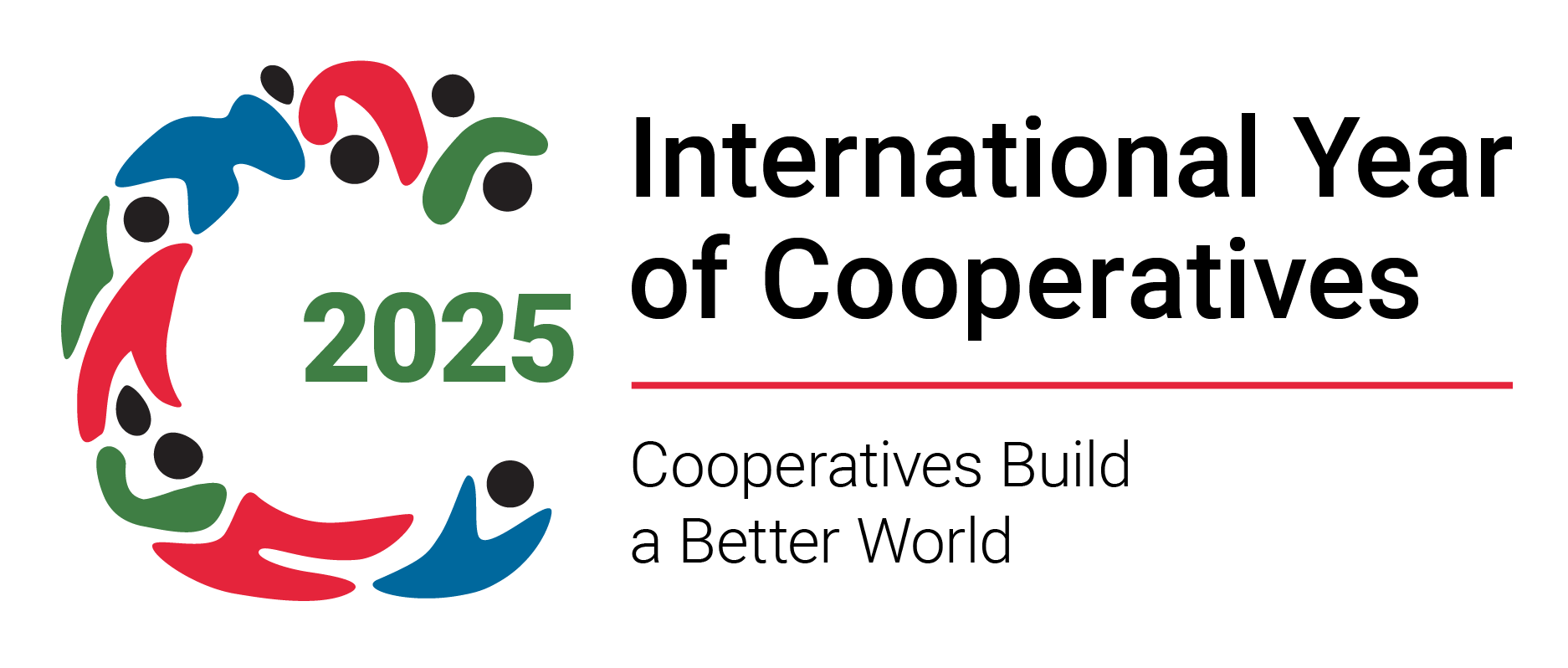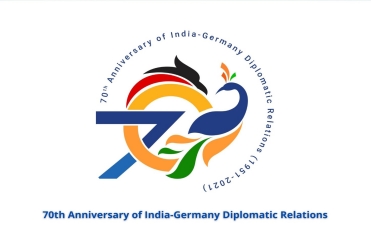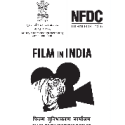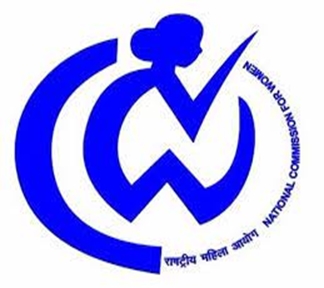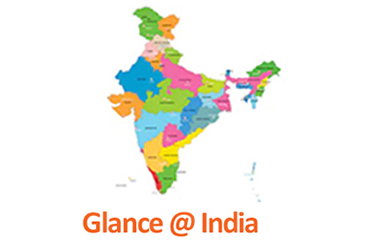- Home
- About Us
-
Consular Services
- Launch of e-Clearance for Afterlife Remains (eCARe) portal
- Instructions regarding entry into the consular Wing
- Reissue of International Driving Permit (IDP)
- Postal Applications
- Visa Services
- Passport Services
- OCI Information
- Renunciation of Indian Citizenship/Surrender Certificate
- Attestation,Consular and Misc.Services
- Weekly Open House
- MADAD - Consular Services Management System
- Indian Community Welfare Fund
- FAQs on Marital disputes involving NRI/PIO spouses

- Public Notices & Circulars
-
Embassy Wings
- Economic & Commercial Wing
- Contacts
- GI Digital Catalogue

- Overview of Indian Economy
- India-Germany Economic & Commercial Relations
- Doing Business in India
- Make in India

- Invest India

- Flagship Programs of Government of India

- Doing Business in Germany
- Trade Fairs
- Trade Dispute Advisory
- Foreign Investment
- Foreign Trade
- Newsletters

- Attestation of Documents

- Community Welfare
- Culture
- Information Wing/Media Center
- Science & Technology

- Political
- Consular
- Defence Wing
- Economic & Commercial Wing
- Media Center
- India-Germany Relations
- MIIM
- Useful Links
- Tenders
EAM’s remarks during the Virtual Ministerial Meeting of Alliance for Multilateralism
June 26, 2020
Your Excellencies, Minister Le Drian, Minister Maas, Dr. Tedros;
Colleague Ministers,
Friends
Seventy-five years ago, at the end of a globalized war, our forebears expressed their determination to promote "social progress and better standards of life in larger freedom”, in pursuit of which, to employ "international machinery for the promotion of the economic and social advancement of all peoples”.
I like to think that in these words of the preamble of the Charter of the United Nations, we hear an echo of the purpose of this Alliance for Multilateralism. For today, as it was 75 years ago, the world stood at an era defining moment.
Then, the twin scourges of war and ultra-nationalism led civilization to the brink. Even after 1945, we still faced steep challenges: colonialism, racial divisions, civil wars in newly emerging nations, reconstruction of war-ravaged societies. All of these were addressed in good measure if not entirely, despite that being an era of polarized geopolitics.
Today, once again, we stand at a transformative moment. A pandemic has devastated our globalized economic system; apart from taking a toll of over 400,000 lives, it has fundamentally affected the way we live, work, travel and indeed, relate to each other. While it is too early to say that the Coronavirus has altered our way of life forever, it has reduced humanity’s instinctive comfort in the presence of others. And suspicion of human interaction is fuelled, more often than not, by fake news, wrong information and targetted disinformation.
So widespread are these phenomena today that we are truly facing a two-pronged attack of a viral pandemic, and misinformation going viral. In other words, this is an era of both a health crisis and an infodemic.
The way forward to address both of challenges is similar. We need to:
First, strengthen our belief in scientific approaches. That means, we must set aside politics and focus on facts—whether it is the effort to dispassionately analyze the causes and drivers of the current coronavirus pandemic, or to assess what changes our multilateral health mechanisms need to implement to improve preparations for a future pandemic. The Resolution adopted at the World Health Assembly last month is an opportunity to use facts and science to assess our response to this pandemic and take those lessons to prepare better for the future. As Chair of the WHO Executive Board, India is ready to work towards these goals.
Second, we need to restore our faith in meaningful and equal partnerships. Trust, partnership and cooperation draw people, societies and countries together especially during crises, particularly when fake news and disease engender isolationism and unilateralism. In this context, India was pleased to be part of cross-regional group presenting a Statement on the ongoing ‘Infodemic’ in the context of COVID-19 at the UN. As you know, it received wide political support from over 130 States and Observers. Our Alliance must also continue to take concrete steps to counter the ‘infodemic’ through its working group in this regard.
Third, it is an empirical fact that every process and institution must evolve to meet the needs of its time. No institution, howsoever important, can remain frozen at the moment of its foundation. Just as we need to consider the resourcing and regulatory parameters set out for the World Health Organization, to address and resolve shortcomings, so too do we need dispassionate scrutiny and reform of all multilateral entities, to make them purpose-built for our times, and representative of this century.
This is why we continue to call for ‘reformed multilateralism’--one that is relevant for the age in which we live, not when this architecture was erected. Our Alliance must stand for a dynamic multilateralism; for a purposeful reform of existing structures, which must continue to serve the international community even more in this complex and uncertain time.
I thank you for your attention.




